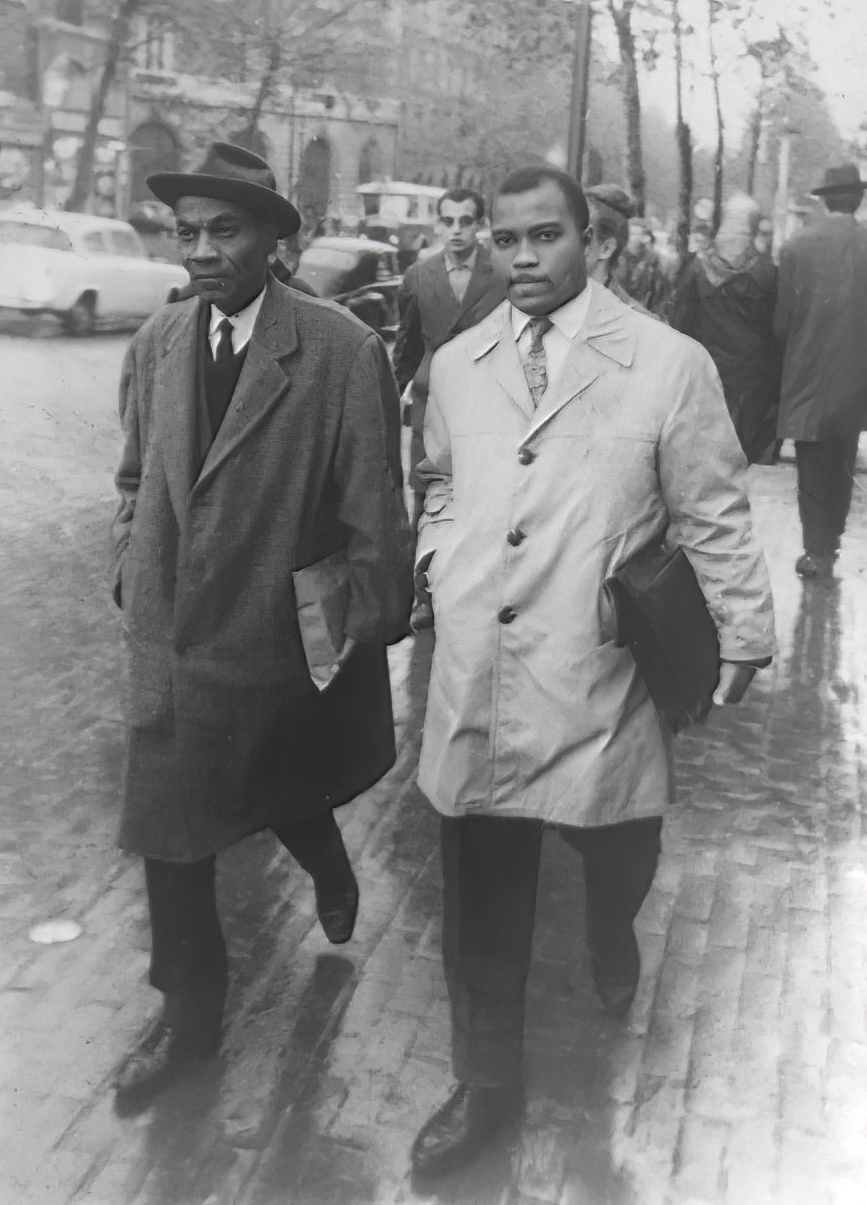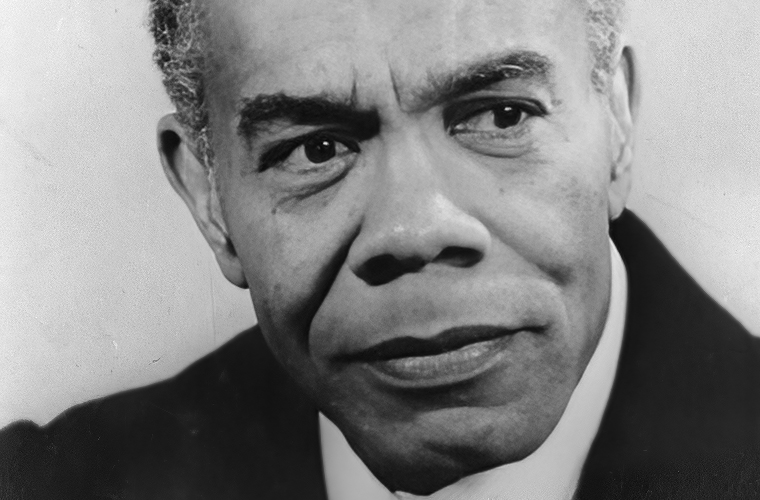Léon-Gontran Damas (1912-1978) was a prominent poet, essayist, and political figure from French Guiana. He was one of the founders of the Negritude literary and cultural movement, along with Aimé Césaire and Léopold Sédar Senghor. Damas was born on March 28, 1912, in Cayenne, French Guiana, which was then a French colony. He later moved to Paris to pursue his education, where he studied law and became involved in intellectual and literary circles.
In 1934, Damas co-authored the seminal Negritude manifesto titled “The Black Student and the Problem of Culture,” which laid the foundation for the Negritude movement. Negritude aimed to reclaim and celebrate Black identity and culture, countering the oppressive effects of colonialism and racism. Damas’s poetry, characterized by its rawness, musicality, and evocative language, explores themes of racial identity, African heritage, colonialism, and social justice. His most renowned poetry collection is “Pigments” (1937), which is considered a significant work within the Negritude literary canon.

Apart from his literary contributions, Damas was politically active. He supported the cause of decolonization and fought against racial oppression and discrimination. He held various diplomatic and political positions, including serving as a representative of French Guiana in the French National Assembly from 1945 to 1956.
Damas’s work influenced subsequent generations of poets and writers, and he played a crucial role in raising awareness of the issues faced by Black people and advocating for social and political change. His poetry continues to be celebrated for its powerful expressions of Black identity and resistance against oppression.
Léon-Gontran Damas’s legacy resides in his significant contributions to the Negritude movement, his poetry that highlighted the experiences of Black people, and his activism for social justice and equality. His work remains relevant and continues to inspire discussions on race, identity, and the quest for liberation.

